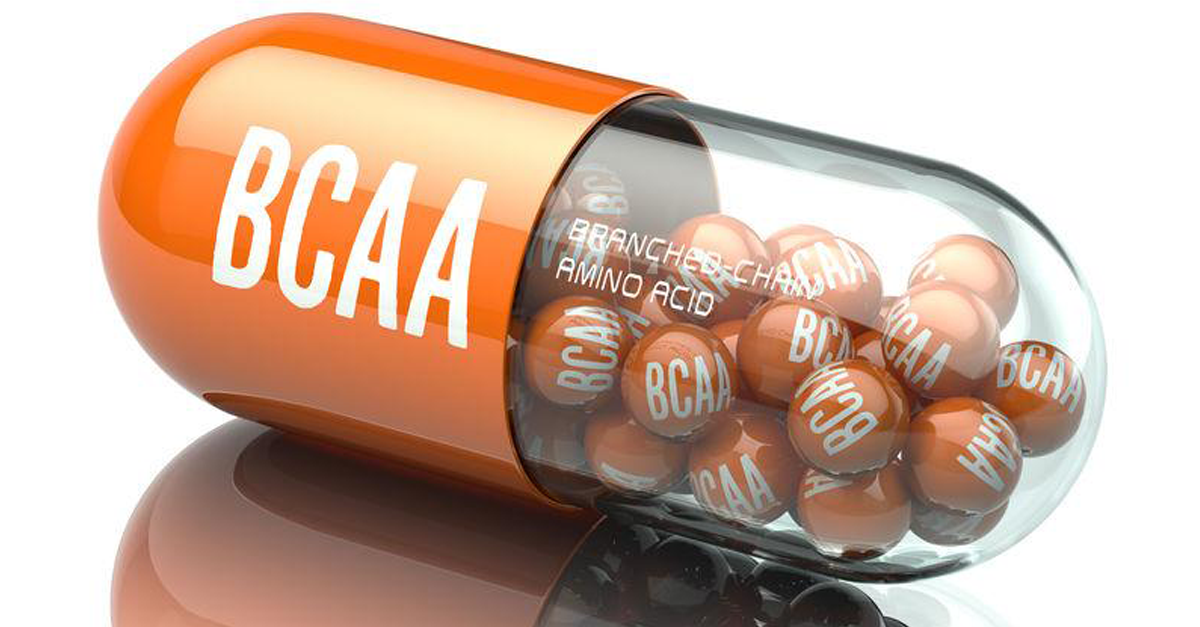
If you are at all involved in the fitness community, you have probably heard something about branch-chain amino acids (BCAAs). You may know they are essential for muscle building and part of any well-rounded supplement regimen. While it is true that they can help with muscle building, some of the hype surrounding taking a BCAA supplement may be just that, hype. So, let’s take a look at BCAAs and why you need them or why you don’t.
What are BCAAs?
All protein is made up of building blocks called amino acids. There are 20 amino acids that make up the human body. Nine of these are “essential,” meaning that they must come from food. The other 11 the body can make on its own. The BCAAs, leucine, isoleucine, and valine, fall in the essential category. We must get them from the food we eat.
The BCAAs make up about 40% of the amino acids in your body and up to 18% of the amino acids in your muscles. They also help regulate blood sugar levels.
Benefits of BCAAs
As far as exercise benefits, they can help reduce fatigue, speed up recovery, and help build muscle. Leucine seems to be themost beneficial for increasing strength and muscle mass. They may also help with fat loss by increasing lean tissue mass.
A few small studies have found that BCAAs may help boost performance. A study of canoeists found that BCAAs helped increase rowing stamina by an entire minute before reaching fatigue.
As you can see, BCAAs do have many benefits, but does this mean you need a supplement if you work out?
Should You Take BCAAs?
Based on current research on BCAAs, if you have a balanced diet, you probably don’t need a supplement. There is no evidence that BCAA supplements outperform a diet with adequate protein. The reason is that BCAAs are widely available in most foods that contain protein, even plant-based sources. So, if you eat enough protein and a varied diet you are likely getting enough BCAA to help you build muscle.
Additionally, a 2017 review of the evidence for BCAA use and muscle synthesis came up short. Researchers found no studies on the topic of oral BCAA consumption that evaluated their impact on muscle synthesis, specifically. They were able to locate two studies that used a BCAA infusion, but these studies found that BCAA supplementation decreased muscle synthesis.
All that being said, if you want to take a BCAA supplement, there are no specific negative side effects, except maybe the cost. But, there are better supplement options available that may have the same and perhaps even more positive results.
Whey supplements would be a better (and cheaper) choice as a workout recovery drink. Whey protein, which contains all nine essential amino acids, including BCAAs, has all the same benefits you are probably looking at in a BCAA supplement. Whey has also been found to promote muscle growth, weight loss, and recovery after workouts. If you prefer a vegan option, pea and brown rice supplements have also been found to increase muscle mass, although research is preliminary with these two types.
The bottom line is don’t believe all the hype. The benefits found in BCAA supplements can also be easily seen in a balanced whole food diet for a lot less money.















